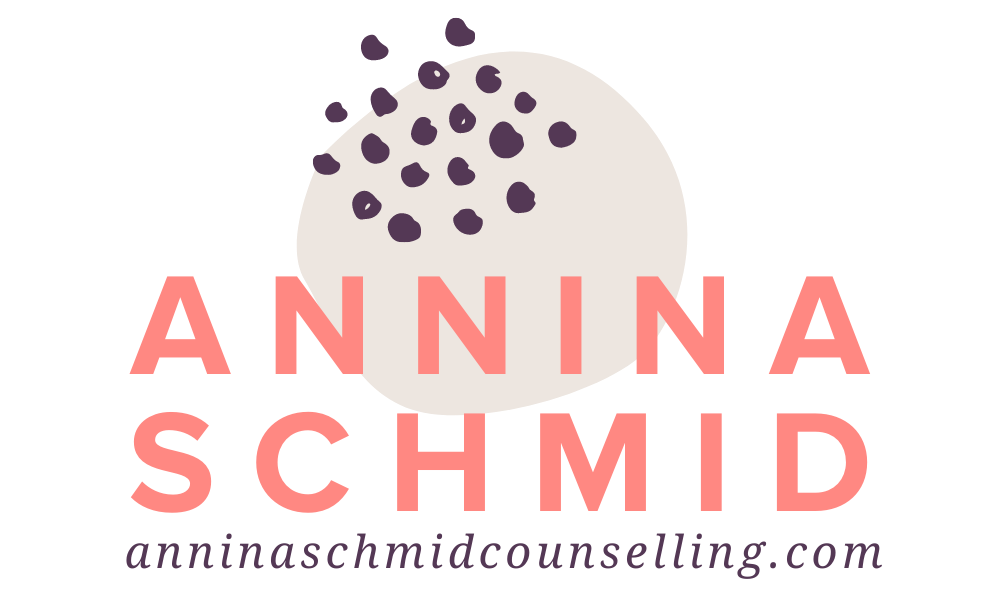If you're anything like me, you're not only being asked for advice on the regular, but you also need to make important decisions that affect your business, organization and relationships.
In my practice, when working with clients who are conflicted about whether or not to continue certain behaviours, I often use a pretty standard Motivational Interviewing worksheet known as "Decisional Balance" that I enhance with a bit of value scaling, meaning I ask my clients to weigh each point that they listed according to how important it is to them.
Mind you, it's a bit of a glorified pros and cons list, but I find that adding an extra step of weighing the options and then adding them up to see the bigger picture can be quite useful - especially as part of a facilitated conversation.
Now, when on my own, the process is not as straightforward - I usually end up with close margins on my decisional balance sheets, which, if nothing else, nicely illustrates why I have a hard time moving forward in any direction.
That said, I have found a few strategies fundamental in my own decision making that I'd like to share with you:
Trust the process
It's easy to forget that whatever happens, things will work out somehow. When I get caught up in the What Ifs, I try to remind myself that the future is too complex to foretell, and that research shows that the more we know about a subject, the less likely we are to make accurate predictions.
Give it time
As the weeks pass, things will inevitably become more clear. While overthinking things can be anxiety inducing, scientists have found that rest after rumination will increase the brain's ability to make informed intuitive decisions.
Gather diverse perspectives
Steven Johnson talks about this in his book Farsighted: Good decisions arise from considering diverse view points from a diverse range of people.
Find an advisor
I have been fortunate enough to have people in my life that I can turn to when faced with important matters. I cherish and work hard for these relationships, and in a best case scenario, I'm able to reciprocate somehow for their mentorship, support and guidance.
Trust your gut
This one is funny, it's been a strange constant in my life: Sometimes it happens that when faced with an option, the first thought I have is "maybe not". From experience, I know that when that thought pops up, the option on the table has an expiry date, and I won't be sad to decline it when the time comes.
What about you - how do you make your best decisions?
I'm curious to know!
Warmly,
Annina

